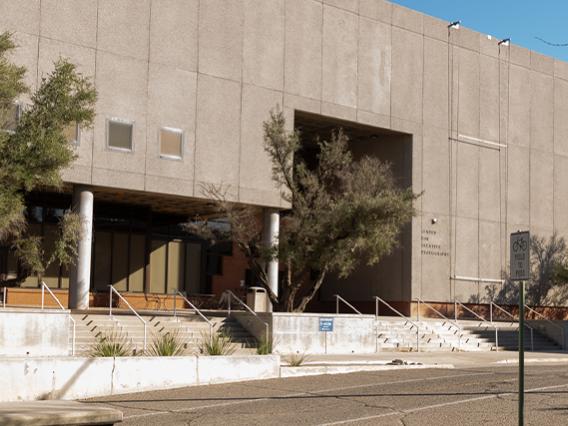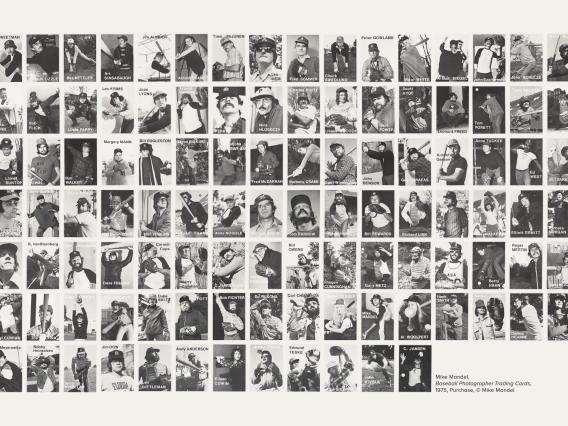Research
Research Services

Get the help you need accessing and reviewing our archives, fine prints, rare books, and reference materials.
Research ServicesVisit the Laura Volkerding Study Center

Information about visiting the Volkerding Study Center and conducting on-site archival research.
Laura Volkerding Study CenterGuide to Searching Archival Collections

Request Appointments and Boxes
Instructions for how to request appointments and items for research.
Requesting Items and AppointmentsPotentially Harmful Language and Offensive Materials Statement
The Center for Creative Photography (CCP) promotes creative inquiry, dialogue, and appreciation of photography’s enduring cultural influence. Since 1975, CCP has collected, preserved, and made accessible historically valuable materials that reflect the society in which they were created. The description of these materials is also reflective of the time and society in which it was created. As such, materials found within CCP collections, and the language used to describe them, may be harmful or outdated.
The materials collected by CCP represent the work, actions, and opinions of their creators, which can conflict with the values, norms, and positions of the University, the Center, its staff, and present-day society.
CCP is committed to examining the language of our collection records and establishing critical cataloging and descriptive language practices within the institution. We have implemented inclusive language practices for our current work and are committed to iterating and developing these practices in collaboration with our users, creators, and colleagues across the cultural heritage fields. When potentially harmful language is identified, we may update, or if appropriate, offer more context regarding the language utilized.
This work is necessarily and perpetually ongoing. If you encounter descriptive language in our finding aids you have corrections, questions or concerns about, please let us know via our feedback form. Additionally, we welcome your feedback and invite input if you have other concerns about CCP’s collection you would like to share.


